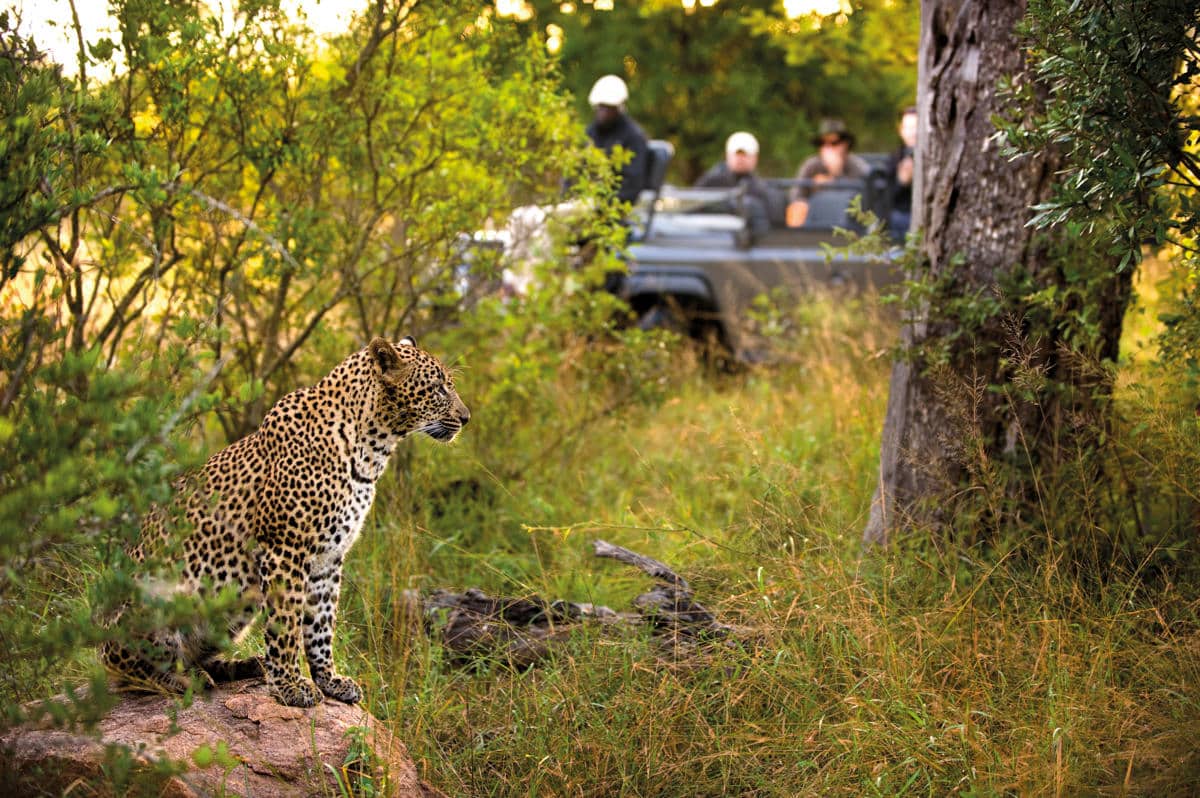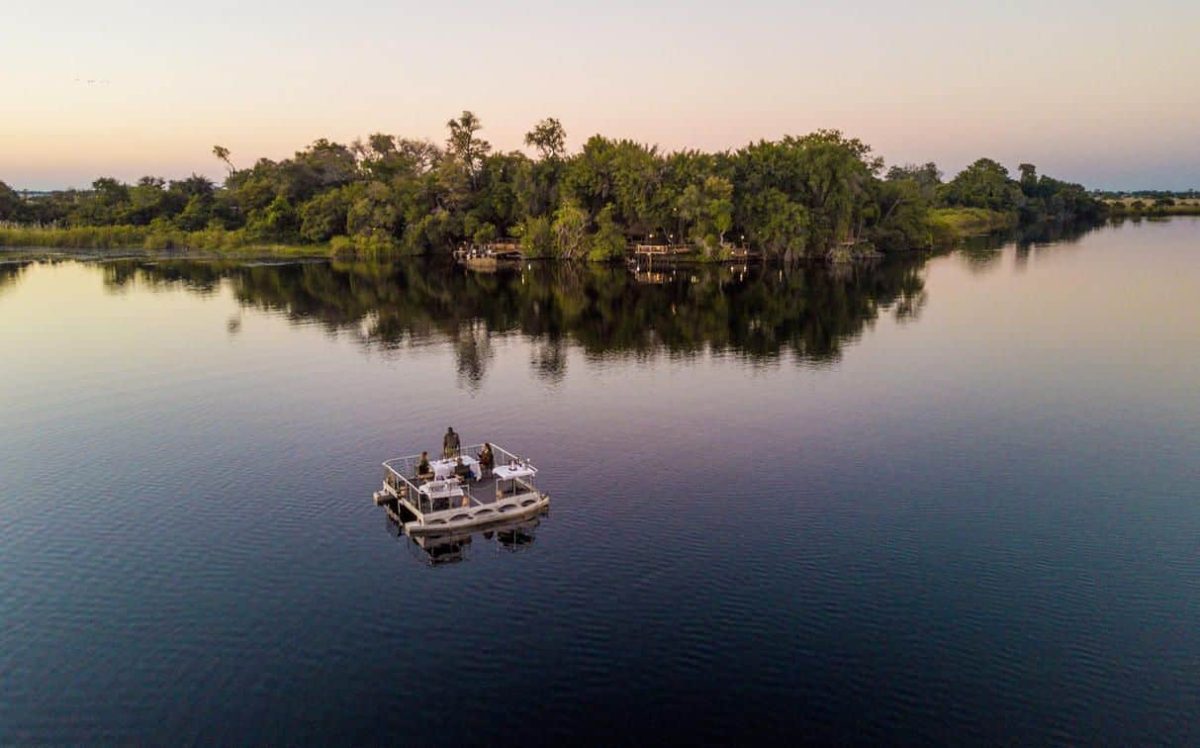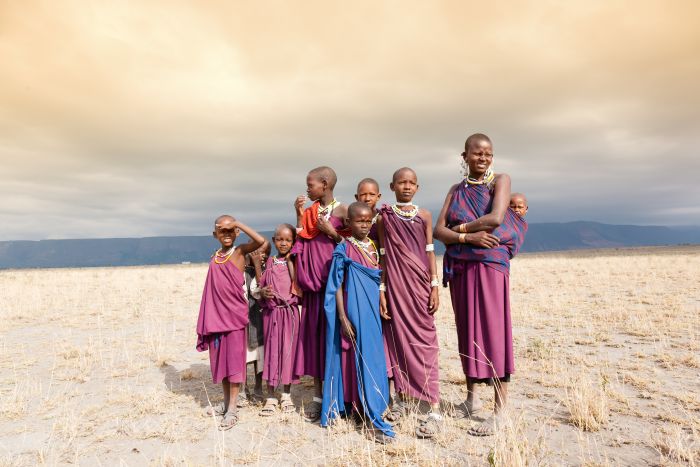Travel In Africa
We are cetain that you will have a memorable holiday in Africa especially if you travel with patience, tolerance of widely differing ways of life, and realistic expectations.
Due to political and cultural differences, as well as generally tougher physical conditions, travel in Africa involves risks other than those that we may take in our daily lives. Please bear the following in mind:
Is it safe on safari?

You must be prepared to accept that a safari entails risk as you travel to, in areas where wild animals roam freely. You can minimise risks by behaving sensibly and following the advice and directions of your guide and tracker.
Ultimately you are responsible for your safety. Many game lodges and adventure or safari operators require clients to sign a personal indemnity form before travel or on arrival or will only provide services per their terms and conditions.
Bear in mind that electricity and water may be erratic in very remote areas, and this may be beyond the control of the safari lodge. Many lodges also run on solar power to minimize their impact on the environment. Expect travel in the dry season to be dusty and roads in the wet season to be muddy and occasionally flooded.
Malaria
Some areas of South and East Africa are designated malaria-risk areas, especially in the summer between October and April, so you need to take anti-malaria tablets and reduce the chance of being bitten with insect sprays and long-sleeved clothing and trousers.
In the dry season from May to September, there is generally less mosquito activity, especially in South Africa. Happily, this is also the best time for game viewing. Babies and very young children should avoid malaria areas- ask your safari specialist for the best areas that suit your health needs.

Health and Hygiene

Local safety standards and regulations of the countries you visit will not necessarily conform to ‘Western’ health and safety standards.
It is important that you are aware of the risks involved as you are responsible for the suitability of your travel plans. Countries rich in the larger wildlife are always rich in smaller wildlife as well – insects, spiders and mosquitoes are common and their presence does not necessarily indicate a lack of cleanliness but rather is a fact of life!
Discuss your personal needs and contra-indications to vaccines or tablets with a medical practitioner, at least 4 weeks before travel, for up-to-date, individual advice.
Helpful Resources:
- Excellent general travel health information which is useful in advance of visiting your surgery is available on the Scottish health service website http://www.fitfortravel.nhs.uk/home.aspx
- MASTA offers telephone consultations, clinics and an online vaccine checker.
Personal Safety
As in most countries worldwide, crimes against people and property are a fact of life in some parts of the countries featured here.
Particular care should be taken to avoid possible threats to personal safety and the incidence of crime. Whilst we will try to bring any concerns that we have to your attention, you are also advised to check the latest advice issued by the Foreign & Commonwealth Office Travel Advice Unit on http://www.gov.uk/knowbeforeyougo or the State Department on http://travel.state.gov/content/travel.html

People are generally friendly and helpful in rural and tourist areas. We suggest avoiding downtown districts at night, or driving or walking at night in unfamiliar areas. Do not leave valuables on show or luggage unattended and make use of the hotel safety deposit box. Ask for, and follow, the advice of our local office, local agent or your hotel manager.
Travel Insurance

We cannot overemphasize the importance of your taking out adequate travel insurance against cancellation charges, unexpected curtailment, medical expenses, repatriation, emergency air evacuation and personal liability claims against you, and we make it a condition of accepting your booking.







